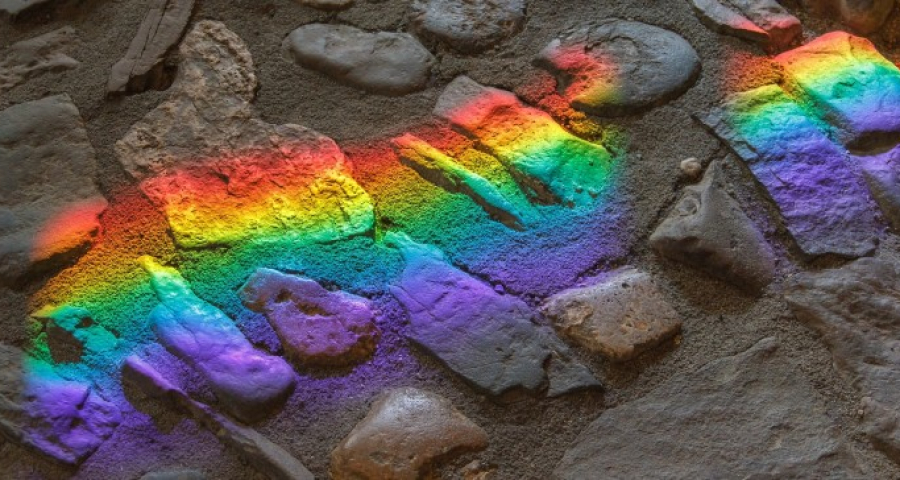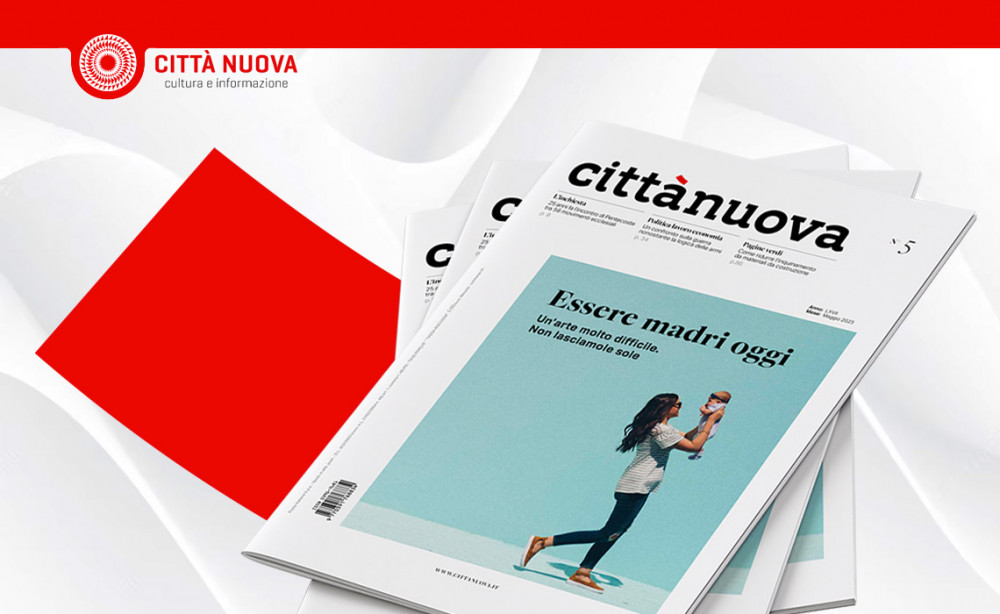Rebirth requires learning/4 - How to keep charismatic communities alive and fresh in the generation following that of the founders
by Luigino Bruni
published in Città Nuova on 30/04/2024 - From the Città Nuova magazine n. 12/2023
Communities live within a dynamic tension between the “inside” and the “outside”. Without a certain collective intimacy made up of dense, strong and warm relationships, you cannot create any community. Therefore, the centripetal force that pulls everyone towards a single spirit is essential to generate true community life. These strong, intimate relationships are cherished by community members. They generate a typical and great joy: as we say ‘we’, we hear our truest name resounding, and as we say ‘I’, everything speaks to us of ‘we’, to the point of (almost) no longer being able to distinguish the individual soul from the collective spirit.
This typical relational good is the first nourishment of communities. It is in this intimacy, completely individual and completely collective, that the secret, the beauty, as well as the criticality of community life are found, especially when communities attract and cultivate vocations, that is, when they are composed of people called by name by the charisma of the community, which they feel are the best and truest part of their own selves. The subject's identification with the group becomes a spiritual game of mirrors, a mutual and generalised empathy, and individuals generally perceive no compulsion to feel the same feelings as everyone else – that’s the ‘il naufragar m'è dolce in questo mare’ (‘shipwrecking is sweet to me in this sea,’ quoting Italian poet Giacomo Leopardi - the tr.) of the community.
Inevitably, this internal dynamic creates boundaries, borders and demarcation zones between inside and outside, in order to guard this precious intimacy. The intense internal life then, over the years, also creates a common language, a way of life, a way of praying and celebrating, winks and gestures that make it immediately recognisable from the outside who is part of that particular group. Those who are inside do not realise that they are changing day by day, but to those who are outside it appears very clear and is also viewed with some concern. For if, after the first phase, communities do not lower their drawbridges and make entry (and exit) much more porous and easy, they begin to decay through loss of biodiversity and air.
In this regard, an episode from the Gospel of Luke may be interesting: ‘»Master,« said John, »we saw someone driving out demons in your name and we tried to stop him, because he is not one of us.« »Do not stop him,« Jesus said, »for whoever is not against you is for you.« (Lk 9:49-50). Jesus' companions behave like many members of a community towards people outside the “magic circle” who act as if they were inside. There are many ways in which these dynamics are expressed.
One of these is regarding those people who, after spending time with the community, feel a second vocation, leave it and start their own new community. Especially at the beginning, these people of a “second vocation” use very similar, if not identical, language and spiritual categories to those they learnt and lived in their original, first community. This similarity sometimes appears excessive to the old companions, they think it is disturbing, similar to plagiarism, and they complain about the lack of recognition of the first source, and so their reaction can turn into outright hostility. This is a common and understandable mistake, but one that must be fought as a temptation.
Another typical phenomenon is the arrival in the community of people with their own talents and charismas that are in part different from those of the founder, who nevertheless feel themselves to be authentic children of that charisma. This is the experience of St Paul who, although he did not know the Lord, felt himself to be an apostle just like the twelve. And just as Paul did not have an easy life with Peter, James and the other apostles, so the new Pauls do not have an easy life in charismatic communities, where they are often opposed by members, who are forgetting, perhaps in good faith, that salvation and a good future depend greatly on the presence of these external-internal reformers.
In the generation following that of the founders, the spiritual “border management” of the community becomes fundamental and vital. Everything must be done to ensure that yesterday's community is enlivened and challenged by new arrivals, who are sometimes very different from the first generation members’ profile, but who work the same miracles “in the name” of the charisma. Among those who work in the same name there will undoubtedly be false prophets and even opportunists, which is an inevitable risk because a community that did not also generate false prophets would not have enough life force to generate any true prophets.
When, on the other hand, the fear of losing the identity and the purity of the charisma prevails (a typical “Gnostic” temptation), communities wither, grow old, and the joy of living disappears from them, which, together with the presence of young people are the two “sacraments” of communities capable of a future.










